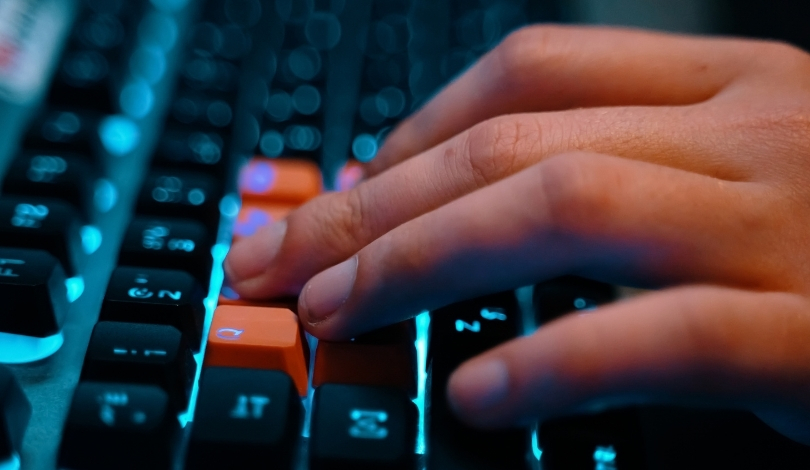Internal disputes at Unknown Worlds, the creators of Subnautica 2, have spilled into the public as legal documents reveal a complex financial and managerial struggle following the studio’s acquisition by Krafton. As Subnautica 2’s development faces delays and changes in leadership, both sides are leveling accusations about the causes and motivations behind unexpected executive departures and large earnout payments tied to sales goals. The division between original founders and Krafton ignites questions about industry practices surrounding studio acquisitions and post-merger integration—particularly when creative content and substantial financial stakes are involved.
Earlier reports on this conflict focused on Krafton’s initial justification for the removal of Unknown Worlds’ leadership, which cited concerns over the state and launch readiness of Subnautica 2. Speculation at that time emphasized misalignment over the game’s direction and timeline. These new details about alleged avoidance of contractual earnout payments, the use of artificial intelligence like ChatGPT to seek legal loopholes, and the abrupt shift in Krafton’s narrative add new layers of complexity not previously detailed in coverage. The involvement of AI in acquisition disputes also parallels Krafton’s public statements about investing heavily in AI technology for its operations.
What Allegations Are Being Made by the Former Unknown Worlds Leadership?
According to a recently filed pre-trial brief, the ousted founders of Unknown Worlds claim Krafton, led by CEO Changham Kim, actively sought to avoid disbursing agreed earnout bonuses. They allege this strategy stemmed from fears that fulfilling the payment terms would cast doubt on Krafton’s acquisition decisions and affect Kim’s reputation within the company. In a submitted statement, the filing notes,
“Desperate to avoid such a professional embarrassment, Kim obsessed over finding a way to avoid Krafton’s obligation to pay the earnout.”
How Did Artificial Intelligence Factor into Krafton’s Strategy?
The brief further alleges that Kim sought advice from ChatGPT to brainstorm contractual loopholes that could negate the need to pay the earnout, only to be advised by the AI tool that such a move would be difficult. The document states Krafton’s corporate development leadership confirmed to Kim that meeting sales targets would obligate payment, regardless of executive dismissal. Krafton’s management, however, denies these accusations, suggesting instead that the founders themselves attempted to conceal evidence, commenting,
“This claim is simply a distraction from their own efforts to destroy evidence, such as Charlie’s reminder to the other Key Employees (Max and Ted) to delete anything ‘incriminating’ from their own ChatGPT accounts.”
What Are the Impacts on Subnautica 2’s Development Timeline?
Amid these disputes, Subnautica 2’s early access release has been deferred to 2026, a significant postponement from initial expectations. The brief suggests one of Krafton’s strategies, called “Project X,” involved delaying the launch to push it outside the earnout window, either by negotiating directly with the founders or moving toward a company takeover. Tensions around creative control and financial outcomes illustrate the far-reaching impacts these corporate legal battles can have on the development cycle of major game titles.
The confrontation between Krafton and Unknown Worlds reflects the broader uncertainties in gaming industry mergers, where creative vision, financial incentives, and executive leadership can escalate into public courtroom disputes. AI’s role in corporate decision-making, especially within legal and financial contexts, represents a newer trend but raises questions about transparency and accountability that industry observers will likely scrutinize. The situation also brings to light the challenges faced by companies trying to balance technological innovation with ethical and contractually sound business practices.
Subnautica 2’s shifting release schedule and the protracted legal wrangling between its developer and publisher underscore the potential fallout from acquisition disagreements. Disputes over earnout arrangements are not unusual in the tech sector, but their impact on creative outputs brings additional complexity for both developers and fans. For studio founders and acquiring firms alike, understanding contract specifics and maintaining open communication may prevent similar deadlocks. Team stability and contractual clarity often influence both the pace and quality of creative projects in the global gaming market.










